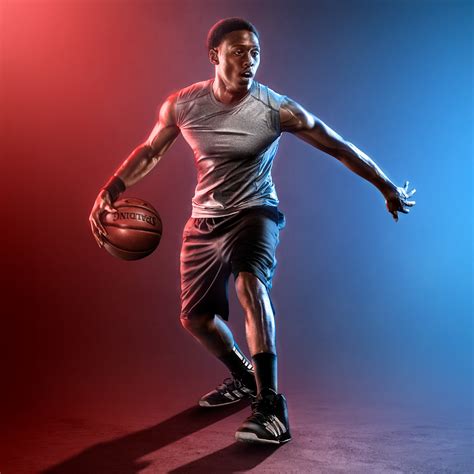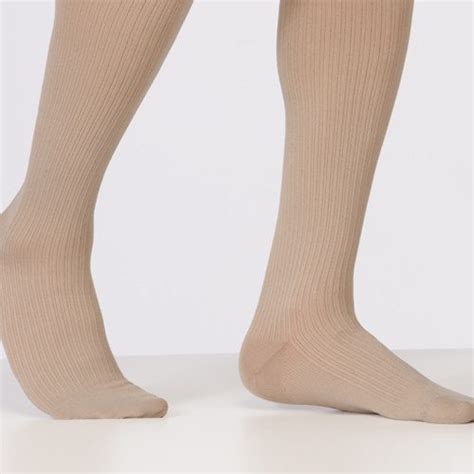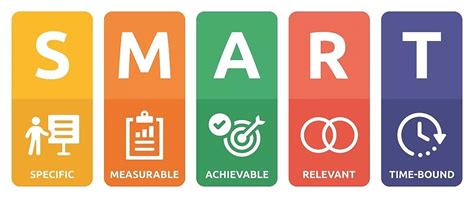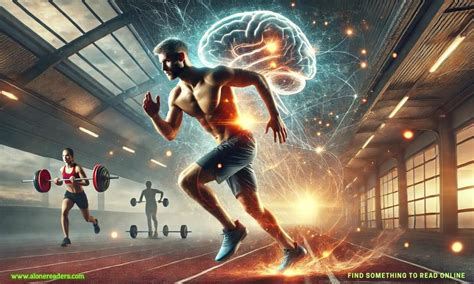What post-workout gear accelerates recovery for peak performance?

Achieving peak performance isn’t just about what you do during your workout; it’s equally dependent on how effectively you recover afterward. Post-workout recovery is a critical component of any fitness regimen, allowing your muscles to repair, rebuild, and adapt, ultimately leading to stronger, more resilient performance. Incorporating the right gear into your recovery routine can significantly accelerate this process, reducing soreness, preventing injury, and preparing your body for the next challenge.
The Science of Speedy Recovery
When you push your body, you create microscopic tears in muscle fibers. This is a natural part of muscle growth, but it also triggers inflammation and soreness. Effective recovery aims to minimize this inflammation, remove metabolic waste products, and facilitate nutrient delivery for repair. Modern recovery gear leverages scientific principles to optimize these processes, helping you bounce back faster and stronger.

Compression Garments: Boosting Blood Flow and Reducing Swelling
Compression garments, such as sleeves, socks, tights, and shorts, are perhaps one of the most widely used recovery tools. These garments apply graduated pressure to muscles, which is thought to improve blood circulation. Enhanced blood flow helps deliver oxygen and nutrients to damaged tissues while simultaneously flushing out metabolic byproducts like lactic acid. By reducing muscle oscillation during activity and post-exercise swelling, compression gear can significantly decrease delayed onset muscle soreness (DOMS) and aid in quicker muscle repair.
While often worn during workouts, their benefits extend well into the recovery phase, particularly for endurance athletes or individuals engaging in high-intensity training. Look for garments designed specifically for recovery, which often feature different compression zones.

Self-Myofascial Release Tools: Foam Rollers and Massage Guns
Breaking up muscle knots and improving flexibility are crucial for recovery, and self-myofascial release (SMR) tools excel at this. Foam rollers are an affordable and effective way to apply pressure to sore spots, improve blood flow to specific areas, and release tension in fascia and muscle tissue. They can be used on various body parts, from your back and glutes to hamstrings and quads.
Massage guns, or percussion massagers, take SMR to the next level. These handheld devices deliver rapid, repetitive strokes to muscle tissue, penetrating deeper than foam rollers. They are excellent for targeting specific muscle groups, increasing blood flow, breaking up adhesions, and providing rapid relief from muscle tightness. Their portability and effectiveness have made them a staple for athletes seeking quick, on-demand muscle recovery.

Recovery Footwear and Slides: Support for Tired Feet
After a grueling workout, your feet often bear the brunt of the impact. Specialized recovery footwear, such as cushioned slides or sandals, provides superior arch support and cushioning that helps reduce stress on your feet and joints. These aren’t just for comfort; they allow your feet to relax and recover from the constant pounding and restriction of athletic shoes, promoting better blood flow and reducing overall fatigue that can radiate up the legs.
Cold Therapy Devices: Reducing Inflammation
From simple ice packs to sophisticated cold compression systems, cold therapy remains a powerful tool for recovery. Applying cold to sore muscles helps constrict blood vessels, reducing inflammation and swelling. Once the cold is removed, blood flow increases, bringing fresh, oxygenated blood to the area. While full ice baths might be extreme for some, targeted cold packs or even cold showers can be beneficial in managing post-exercise inflammation and pain.

Smart Wearables and Electro-Stimulation Devices
Advanced recovery gear includes smart wearables that monitor heart rate variability (HRV), sleep patterns, and other biometric data to provide insights into your body’s recovery status. Understanding these metrics can help you tailor your training intensity and recovery efforts. Electro-stimulation (EMS) devices, on the other hand, use electrical impulses to stimulate muscle contractions, which can aid in blood flow, reduce muscle spasms, and even contribute to strength recovery when used appropriately and under guidance.

Conclusion: Invest in Your Recovery, Invest in Your Performance
Integrating post-workout recovery gear into your routine is not a luxury; it’s a strategic investment in your athletic longevity and performance. From the targeted relief of a massage gun to the supportive comfort of recovery footwear and the physiological benefits of compression, each piece of gear plays a role in optimizing your body’s ability to repair and adapt. By prioritizing recovery with the right tools, you’ll not only minimize downtime and soreness but also unlock your full potential, allowing you to consistently perform at your peak.







